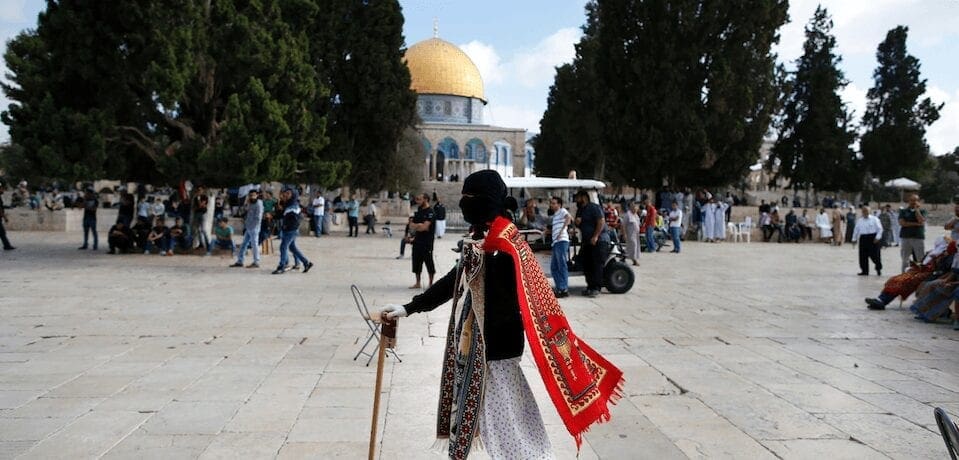
Zuoo Chi Yap | Guest Blogger
Razan-Al-Najjar was a Palestinian nurse who was shot in the chest and killed by Israel sniper on 01 June 2018 in the besieged Gaza Strip as she was providing medical aid to fellow injured Palestinians. Razan dedicated her life and ultimately lost it, to helping her people. She was a hero who saved many lives. Some of those she helped attended her funeral today. Many were on crutches.
This is a war crime under the Geneva Conventions, yet the world remains silent!
The Geneva Conventions have their origin in the experiences of Henry Dunant at the battle of Solferino in 1859. He was horrified by the neglect of the sick and wounded on the battlefield, and with four colleagues organized the diplomatic conference that led to the adoption of the First Geneva Convention in 1864.
The First Convention concerned itself primarily with the care of the sick and wounded on the battlefield. The medical services helping them were to be protected from attack and respected as neutral personnel assisting the sick and wounded without discrimination. The convention established the red cross emblem to be used to identify and protect medical personnel from attack. States committed themselves to respect the emblem and those protected by it.
The duty of treating the wounded and sick, and the correlating protection of medical personnel and facilities, has been at the core of International Humanitarian Law (IHL) since its inception in 1864. This was further enshrined in the Four Geneva Conventions of 1949 and the Two Additional Protocols of 1977. The protection of medical services in war zones is also part of International Humanitarian Customary Rules and is reflected in the domestic law and military code of all countries around the world.
Under IHL, medical personnel are obligated to treat all patients without discrimination. Patients are not registered according to their ethnicity, politics, religion, or participation in prior hostilities. They are triaged only according to their medical needs and the urgency with which they need to be seen. Withholding care or providing care in a discriminatory fashion is strictly prohibited—it is a breach of medical ethics as well as the Geneva Conventions, and can amount to a war crime.
Medical personnel are protected under IHL to ensure that they are able to resist military interference and act with independence and autonomy according to medical ethics only. In other words, medical personnel must be free to treat patients based on medical need alone and cannot be compelled or give priority to treating one side or the other. Medical personnel may not breach doctor-patient confidentiality and cannot be punished for carrying out medical activities, regardless of the profile of the patient.
Medical personnel must defend the ethical, neutral, and impartial character of medical structures, units, and activities. They are responsible for maintaining the medical and neutral nature of the facilities. In MSF facilities, a weapons-free policy is strictly implemented. All weapons are collected at the entrance and stored until the patient is discharged. Medical facilities and transport must be respected and protected at all times and cannot be attacked. They are afforded a special protection as a medical facility, while also retaining the general protections applied to civilians and civilian structures. It is mandatory for warring parties to take all precautions to ensure medical staff and facilities are not attacked.
The existence of the Geneva Conventions is a testament to the inevitability of conflict among humans. While accepting wars as horrific incidents, these conventions attempt to fix or get rid of the worst elements of war. Over several iterations, these conventions have established directives and protocols for dealing with the intricacies of armed conflict especially the treatment of prisoners, belligerents, journalists, doctors, and civilians. These conventions along with the International Humanitarian Law form the basis of judgment and determination of crimes, offenses, victors, and reparations. Nearly all countries on our planet have ratified the Geneva conventions and are technically parties to it but the enforcement of the rules and protocols laid down has been subject to global power struggles and interests of certain countries. This selective treatment leads one to ask the question: Are some humans less human than others?

Be the first to comment